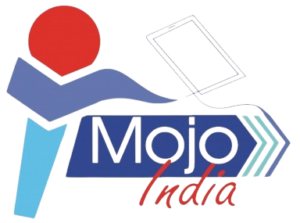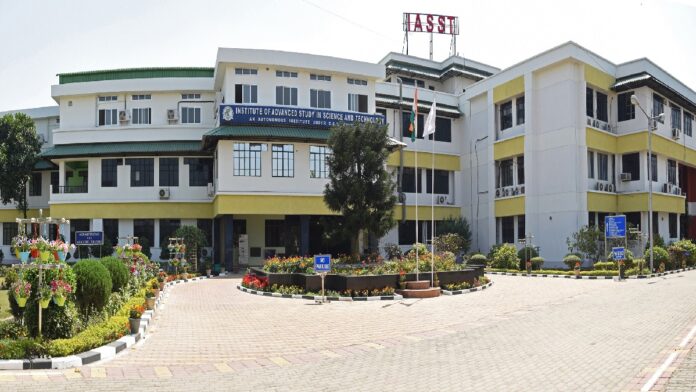Guwahati, Feb 29: Scientists at the Institute of Advanced Study in Science and Technology (IASST) based in Assam have introduced an eco-friendly and cost-effective wound dressing material, utilizing banana fibres. Led by Prof. Devasish Chowdhury and Prof. (Retd) Rajlakshmi Devi, the team combined banana pseudostems, typically discarded post-harvest, with biopolymers like chitosan and guar gum to develop a versatile patch with exceptional mechanical strength and antioxidant properties.
The researchers enhanced the patch’s efficacy by incorporating an extract from the Vitex negundo L. plant, showcasing its potential as an in vitro drug release medium and antibacterial agent. All components used in crafting this innovative dressing material are natural and readily available locally, ensuring a straightforward, economical, and non-toxic manufacturing process.
“This breakthrough marks the dawn of a new chapter in wound healing, providing a viable, sustainable, and environmentally friendly alternative,” stated Prof. Chowdhury, highlighting the significance of their findings.
Published in the International Journal of Biological Macromolecules, the study emphasizes the transformative potential of the banana fibre-biopolymer composite dressing in wound care, offering extensive applications and positive implications for both health and the environment. Moreover, the sustainable nature of the dressing material suggests benefits for farmers and a reduction in environmental impact.
The introduction of this eco-friendly wound dressing material represents a milestone in medical innovation, paving the way for sustainable solutions that prioritize affordability, effectiveness, and environmental consciousness.
More read: Union Cabinet Approves Three Semiconductor Units, Northeast’s First Facility in Assam









